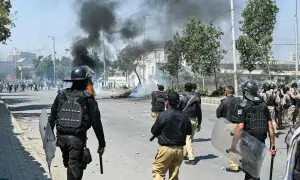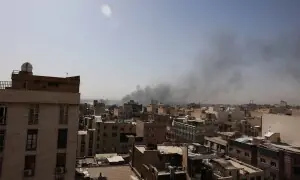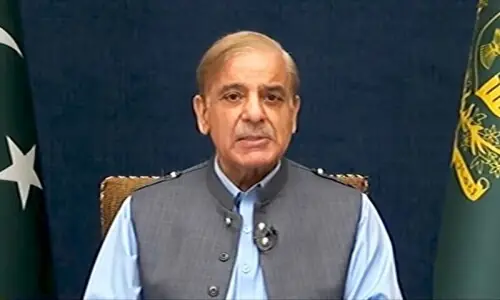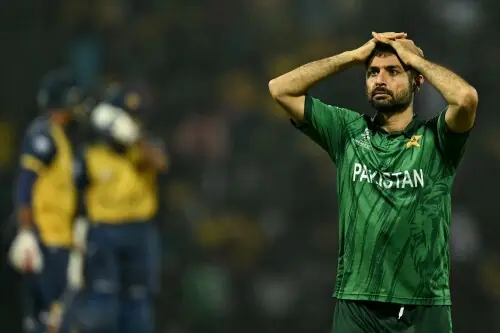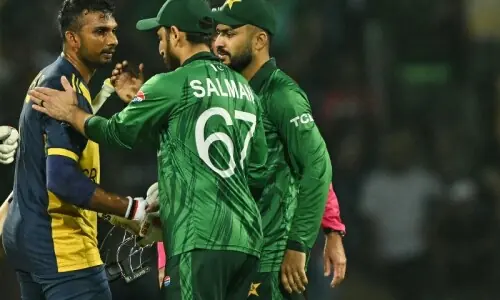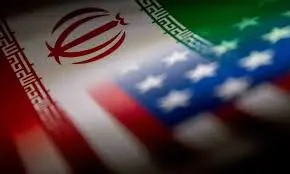FOR centuries, mangroves have acted as custodians of the coastline: they protected the land from soil erosion, prevented flooding, and moderated temperatures. Additionally, they anchored entire ecosystems that depended on them to flourish; this in turn supported the fishing communities of Sindh and Balochistan. However, some of the discontents of modernity and rapid urbanisation have wreaked havoc on the centuries-old, natural way of life, community and business. Mangrove forests are chopped down for wood by timber and other industries that use them for firewood; they are mowed down by short-sighted land and real-estate mafias; and they are dying an early death from pollution, the lack of freshwater flowing into Sindh and the resulting high levels of salinity in the water. In an age of extreme weather and changing climate patterns, with a greater threat of natural disasters striking the coastal communities, the need for safeguarding mangroves could not be more urgent. After all, Pakistan is among the countries most vulnerable to the long-term effects of global climate change. And yet, according to experts, mangroves continue to be cut down due to the greed or ignorance of some. This is a good time as any to remember and pay homage to two environmental activists — Abdul Ghani and Haji Abu Bakar of the Pakistan Fisherfolk Forum — who were gunned down when they tried to file a public interest petition against the cutting down of mangroves in their village by powerful groups in 2011.
This week, the National Coordinating Body of the Mangroves for the Future Programme Pakistan underscored the importance of developing a plan to declare Charna Island a marine-protected area. In 2018, the clear waters surrounding the island had been marred by an oil spill. While the Sindh Forest department has taken steps to carry out extensive mangrove plantation drives in the past, there is less effort going into the preservation of existing forests and the biodiversity they support. Much more needs to be done to reverse the damage.
Published in Dawn, February 1st, 2020




